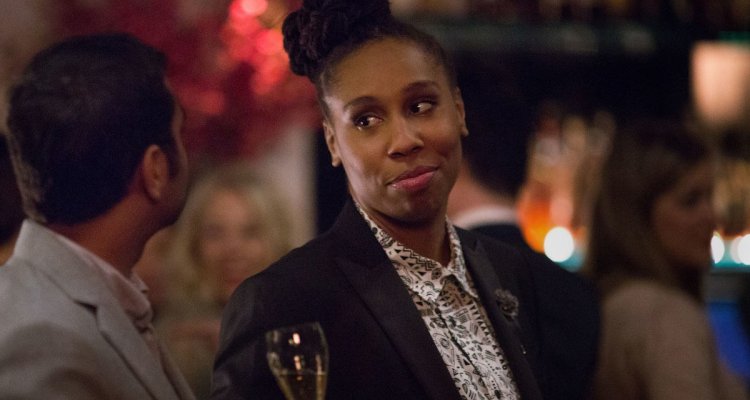The Hollywood Reporter finishes up their roundtable series “Close Up with the Hollywood Reporter,” focusing their final discussion on the drama showrunners in anticipation for the EMMY awards next month. This week’s roundtable features writer/showrunners Dan Futterman (“The Looming Tower”), Courtney Kemp (“Power”), Bruce Miller (“The Handmaid’s Tale”), Howard Shore (“The Good Doctor”), Peter Morgan (“The Queen”), and Lena Waithe (“The Chi”).
What all the creators have in common is their ability to effectively tell stories outside of their own experiences. For Waithe, that means “if you’re a white, straight, male showrunner and you want to tell a story that isn’t like your life, that’s totally cool, but you’ve got to have somebody whose life you’re writing about next to you and you’ve got to be asking them questions. Because what I don’t love is the white male straight showrunner who acts as if they have the audacity to tell a narrative that isn’t theirs without asking for help.”
Shore concurs as his “challenge [was that] I have a character at the center of this show [The Good Doctor] who has autism. So how do I make him fully dimensionalized while being true to people with this condition and on this spectrum? It’s important that I don’t turn him into the magic person with autism where he’s got a condition, but he’s fine, he’ll solve all the problems. How do I be true to his weaknesses and his strengths?”
Miller’s situation was “relatively unique because I was writing based on a feminist novel that had had a long life. People had experienced it as a novel first, so it had a certain amount of credibility and it also had a live author who could bless me in terms of what I was doing with the book … But every time I write a character, it’s not me. I mean, there are not too many 53-year-old Jewish guys … So, you’re always writing people who are different from you. What you have to do, and what I did because I was the biggest worrier in this, is look at your weaknesses and reinforce them with all the other people who you’re working with”
As for advice for new writers, Kemp suggests finding a way to market yourself as she, “believe[s] young writers need a trade, so I became a legal writer. Every year when there were new law shows, I was the person going in and trying to get on one. Because that’s what I could do. Even now, when I created my own show, there’s a strong legal component to Power because I’m like, ‘I know I can do that.”
Check out the entire hour-plus conversation below and tune into the Emmy awards Monday, Sept. 17th, at 8pm.

